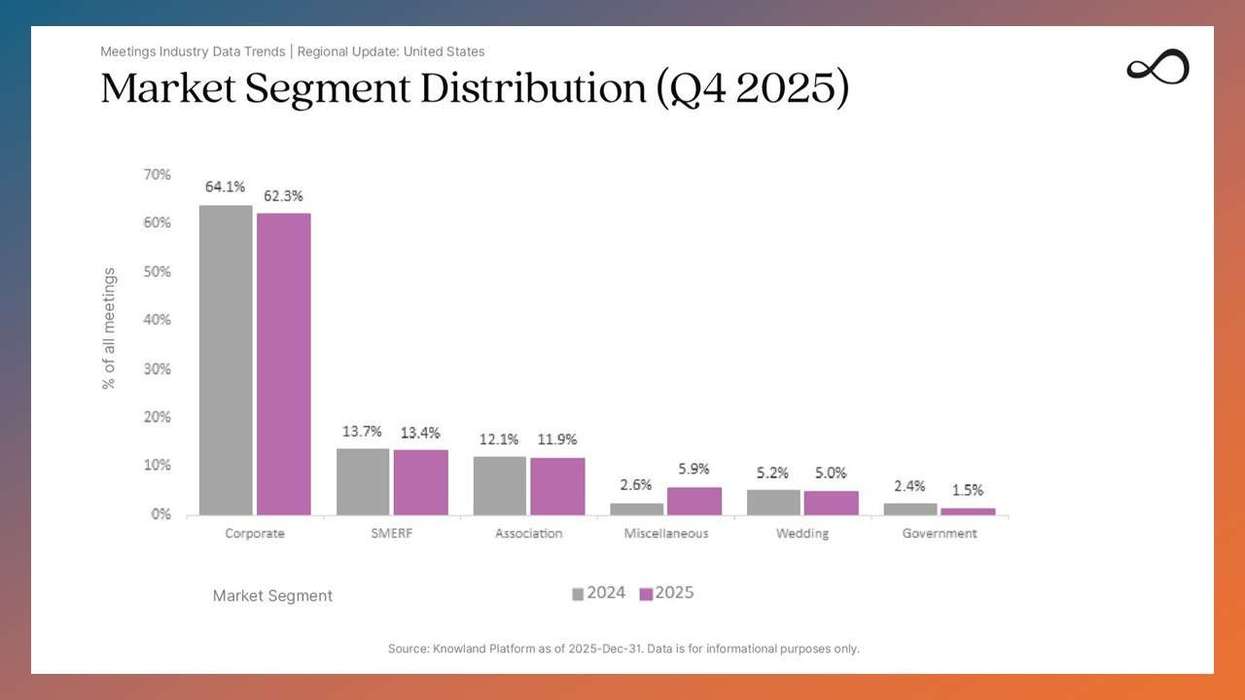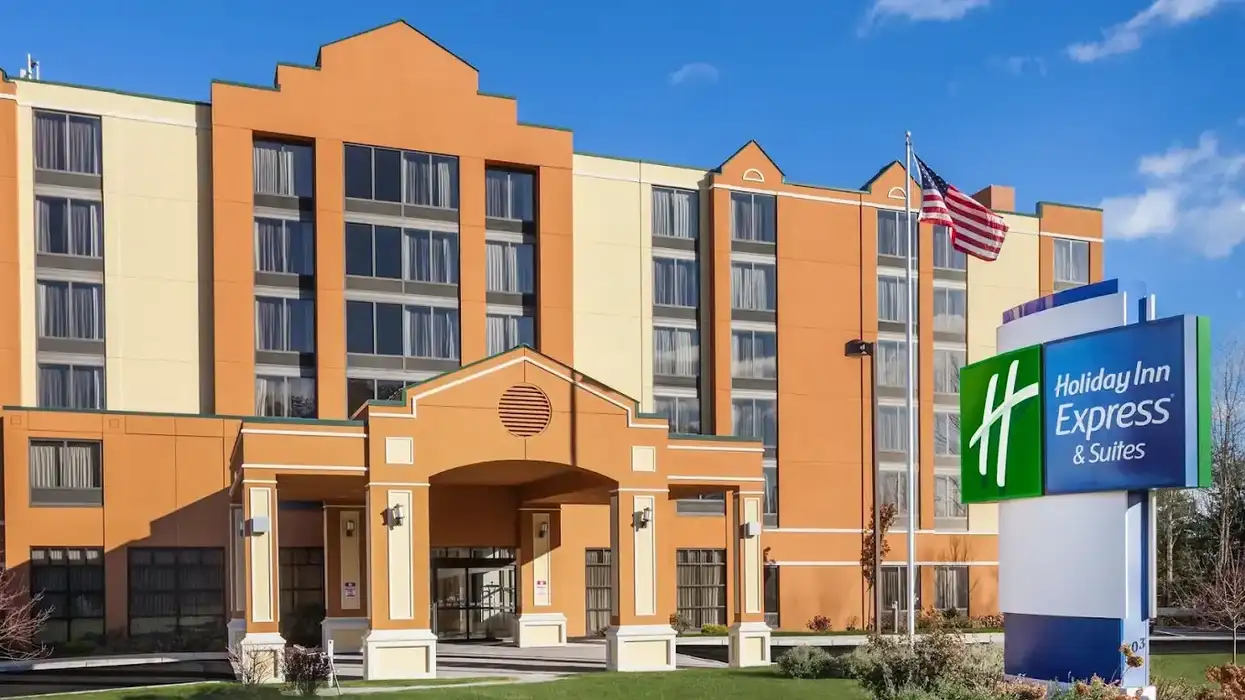THE LAME-DUCK Congress has been presented a plan for a new COVID-19 economic relief plan that is badly needed. It remains to be seen, however, if it will be acted upon.
The package comes from the Problem Solvers Caucus, a group of 25 Democrats and 25 Republicans, and a bipartisan group of Senators and was presented Dec. 1. The proposal would include $908 billion in total aid, including both new funding and the reallocation of previously appropriated Coronavirus Aid, Relief, and Economic Security Act funding.
The proposal would include $288 billion for the Paycheck Protection Program, a key objective of industry groups such as AAHOA, the American Hotel and Lodging Association and the U.S. Travel Association. It also includes $160 billion for state and local governments, $180 billion for unemployment benefits and $16 billion for vaccine development and distribution and COVID-19 testing.
"This is a win for the American people, for common sense, and for problem solving. With cases spiking, winter around the corner, and countless small businesses closing every day, and far too many families hurting, we simply cannot leave anyone out in the cold. This is an essential down payment on what our families, small businesses, and local communities need," said Problem Solvers Caucus Co-Chair Josh Gottheimer of New Jersey. "This four-month COVID-19 emergency relief package will get us through the hardest months of winter and into a new Administration."
AHLA endorsed the Problem Solvers proposal in a statement from Chip Rogers, the association’s president and CEO who last week said another stimulus package, the Main Street Lending program, had done very little to help hotels suffering from the COVID-19 economic downturn.
“We need Congress to prioritize the industries and employees most affected by the crisis. Every hour Congress doesn’t act hotels lose 400 jobs, and we hope this proposal helps to break the partisan stalemate in Washington,” Rogers said. “Without action from Congress, half of U.S. hotels could close with massive layoffs in the next six months. Waiting until the new Congress is untenable for our crippled industry. A relief bill before the end of the year would be a critical lifeline for our industry to help us retain and rehire the people who power our industry, our communities and our economy. We urge Congress to come together swiftly and in a bipartisan manner to find comprehensive solutions to move our country forward through this crisis.”
Most respondents to a recent USTA survey of 1,000 voters, 87 percent, support another round of coronavirus-related relief from Washington. The survey also found 79 percent of respondents want the two political parties to work together on policy.
With total travel spending projected to be down 45 percent from last year, according to USTA, the travel industry has suffered massive job losses that could get worse as the pandemic surges, said Roger Dow, USTA president and CEO.
“The urgent needs of one of the country’s biggest job-creating sectors have been clear for some time, and it is now also clear that the voting public strongly desires action from Washington,” Dow said. “Advancing a bipartisan coronavirus relief measure is both the right thing to do, and the right thing to do politically. And it needs to be done now, not in the next Congress, because large numbers of our small-business employers simply won’t survive that long and their lost jobs will then be permanent.”
Enhancing and expanding the PPP program is one of USTA’s priorities for the new stimulus package, Dow said. He welcomed word of the Problem Solvers proposal.
“The relief framework proposed today is welcome evidence that there is bipartisan, bicameral support in Congress for a deal—just like among the American public at large—and we urgently need Congress to act now,” Dow said.
USTA is a founding member of the COVID RELIEF NOW Coalition, along with AHLA and other organizations aimed at advocating for a new relief package. The coalition recently released a new commercial in support of that goal.
Media reports indicate there is some hope that the new plan will be approved.
"I've never been more hopeful that we'll get a bill," said Sen. Lindsey Graham, a Republican from South Carolina, told CNN.





